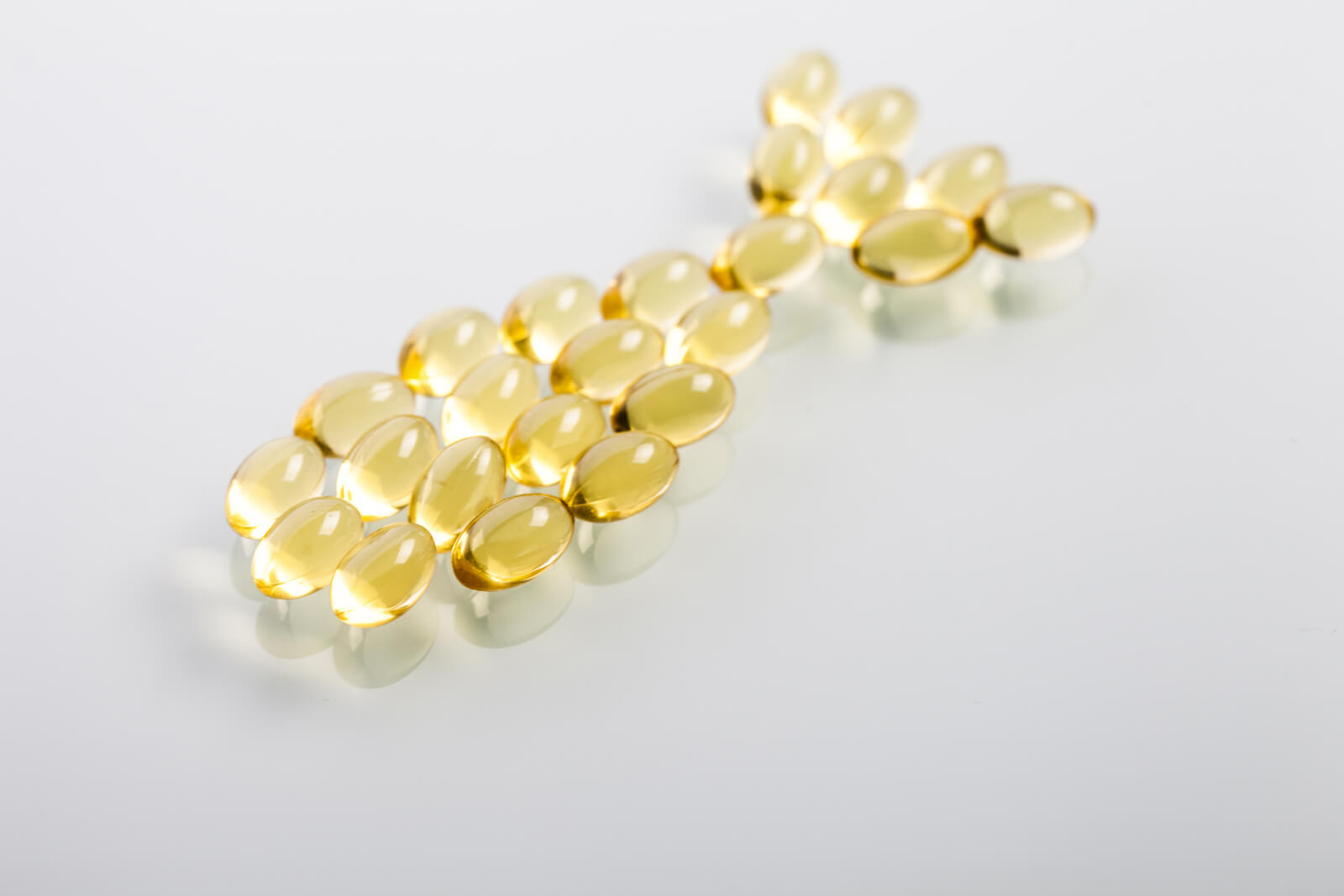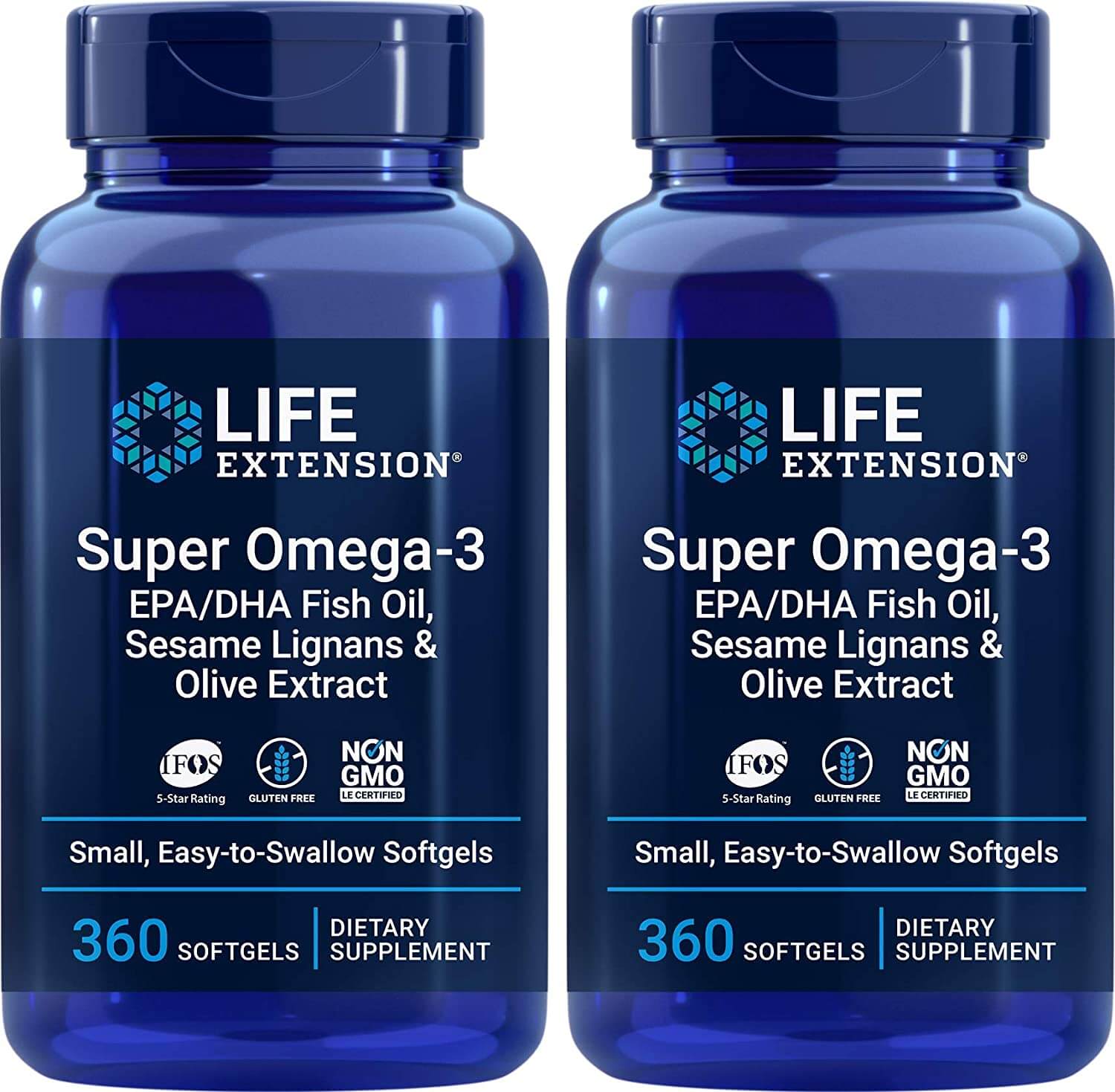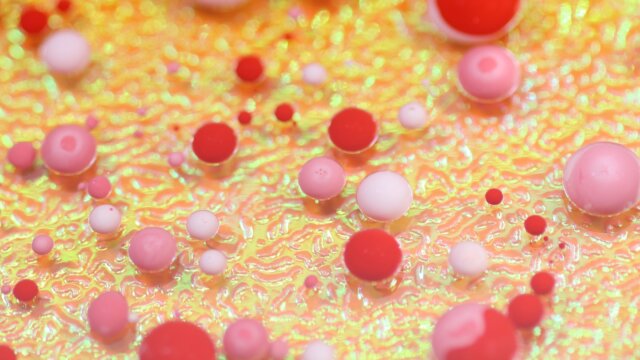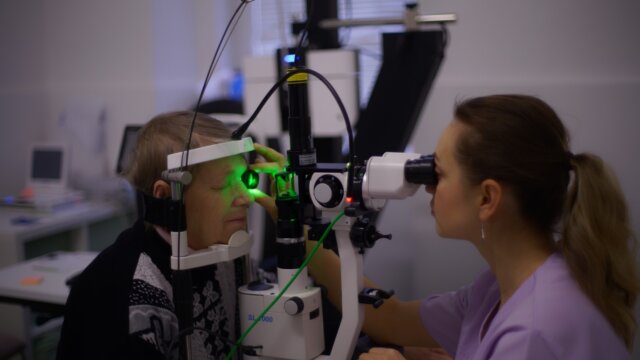FTC disclaimer: This post may contains affiliate links and we will be compensated if you click on a link and make a purchase.
Ocular migraine is a type of headache that affects the eyes. The pain usually starts at the back of the head and moves towards the front. It can last from a few minutes to several hours.
There are two types of ocular migraines, acute and chronic. Acute ocular migraines occur suddenly and last for less than 24 hours.
Chronic ocular migraines last longer than 24 hours and often recur over time. Ocular migraines affect approximately 3% of adults worldwide. They can cause severe vision impairment or even blindness. In some cases, they can also trigger epilepsy.
There are various home remedies for treating ocular migraines. Some include using cold compresses, applying ice packs, taking hot baths, drinking ginger tea, consuming peppermint oil capsules, and wearing sunglasses.
What is Ocular Migraine?
Ocular migraine is a type of migraine that specifically affects your vision. It can cause temporary vision loss or even complete blindness. Other symptoms like nausea and vomiting often accompany it.
While ocular migraine can be extremely debilitating, it is important to remember that it is not a permanent condition. In most cases, the symptoms will eventually go away on their own.
However, if you experience ocular migraine regularly, it is important to see a doctor.
What are the symptoms of ocular migraine?
The most common symptom of ocular migraine is temporary vision loss. This can happen in one or both eyes. You may also see flashing lights or stars. Some people also experience blind spots.
Other symptoms of ocular migraine include nausea and vomiting. You may also have a headache. In some cases, the pain is so severe that it leads to vomiting.
What causes ocular migraine?
The exact cause of ocular migraine is unknown. However, it is believed to be linked to changes in the brain. These changes are thought to be caused by a combination of genetic and environmental factors.
How is ocular migraine treated?
There is no cure for ocular migraine. However, the symptoms can be treated. If you experience vision loss, your doctor may prescribe sunglasses or contact lenses. If you have a headache, over-the-counter pain relievers may help.
Sometimes, your doctor may prescribe a medication to prevent ocular migraine. This is most often done if you have ocular migraine regularly.
Preventing ocular migraine
There is no sure way to prevent ocular migraine. However, there are some things you can do to lower your risk. You may be at higher risk if you have a family history of migraines. You can also lower your risk by avoiding triggers.
Common triggers for ocular migraine include:
- Stress
- Lack of sleep
- Bright lights
- Loud noises
- Certain foods and drinks
If you experience ocular migraine, it is important to see a doctor. While the condition is not permanent, it can be extremely debilitating. With the proper treatment, you can minimize the symptoms and improve your quality of life.
Home Remedies for Ocular Migraine
Cold Compress

You know how debilitating they can be if you’re one of the unlucky few who suffer from ocular migraines. These migraines often come with severe headaches and can last for hours or even days.
There is no known cure for ocular migraines, but there are some home remedies that may help to ease the symptoms. One of the most effective home remedies is a cold compress.
Applying a cold compress to the forehead or back of the neck can help ease a headache’s pain. It can also help to reduce inflammation and redness in the eyes.
If you’re suffering from an ocular migraine, try applying a cold compress for 20 minutes every few hours. You may also want to try placing a cold, damp cloth over your eyes to help relieve the pain and pressure.
In addition to cold compresses, a few other home remedies may help ease the symptoms of an ocular migraine.
Try sipping on some chamomile tea or taking a magnesium supplement. You can also try using a heating pad on the back of your neck or placing a warm, damp cloth over your eyes.
Hot Bath

We all know how debilitating an ocular migraine can be. The pain and discomfort can make it hard to focus on anything else. And while there is no cure for this condition, there are some home remedies that can help ease the pain and discomfort.
A hot bath is one of the simplest and most effective home remedies for ocular migraine. The heat from the water can help relax the muscles around the eyes and help reduce the pain.
If you don’t have time for a bath, you can also try putting a hot compress on your forehead for a few minutes. The heat can help relax the muscles and ease the pain.
Another home remedy that can help is massage. Massaging the temples and around the eyes can help reduce the pain and tension associated with an ocular migraine.
Some essential oils can be used to help ease the pain of an ocular migraine. Lavender oil is one of the most popular essential oils for this purpose.
Many home remedies can help ease the pain and discomfort if you suffer from an ocular migraine. Try a hot bath, a hot compress, massage, or lavender oil.
Essential oil (Lavender Oil, Peppermint Oil, Rosemary oil)

Essential oils are one treatment that can be effective for ocular migraines.
A few different essential oils can be used for ocular migraines. Lavender oil is one of the most popular essential oils for migraines. It has a calming effect and can help to relax the muscles.
Peppermint oil is another essential oil that can be used for ocular migraines. Peppermint oil has a cooling effect and can help to relieve the pain of a migraine.
Rosemary oil is another essential oil that can be used for ocular migraines. Rosemary oil has a stimulating effect and can help to improve circulation.
There are a few different ways that essential oils can be used for ocular migraines. One way is to add a few drops of lavender oil to a cotton ball and inhale the fumes. Another way is to add a few drops of peppermint oil to a cotton ball and inhale the fumes.
Rosemary oil can also be added to a diffuser and inhaled. Diffusing rosemary oil can help to improve circulation and relieve the pain of a migraine.
Essential oils are a safe and natural treatment for ocular migraines. They can be used in many different ways and are generally well-tolerated.
If you are interested in using essential oils for your ocular migraines, talk to your doctor first to ensure they are right for you.
Magnesium Supplement

Are you looking for a natural way to treat your ocular migraine? If so, you may want to try a magnesium supplement.
Magnesium is a mineral that is essential for good health. It is involved in over 300 biochemical reactions in the body and is necessary for the proper function of many organs, including the heart, muscles, and kidneys.
Despite its importance, many people are deficient in magnesium. This is because it is not found in high concentrations in the diet and is easily lost through sweating, urination, and bowel movements.
Symptoms of magnesium deficiency include muscle cramps, fatigue, anxiety, and migraines.
Ocular migraines are a type of migraine that affects the eyes. They are characterized by a throbbing pain in one eye, followed by a temporary loss of vision.
While there is no cure for ocular migraines, there are ways to help relieve the symptoms.
One way is to take a magnesium supplement. Magnesium is effective in reducing the frequency and severity of migraines.
It is also important to stay hydrated and avoid triggers, such as bright lights, loud noises, and strong smells.
A magnesium supplement may be a good option if you look for a natural way to treat your ocular migraine.
Intake of Vitamin A

Migraine is a common headache that can be extremely painful and debilitating. Ocular migraines are a less common type of migraine that affects the eyes.
While the exact cause of ocular migraines is unknown, they are believed to be caused by changes in the blood vessels in the eyes. Ocular migraines often accompany other symptoms, such as flashes of light, blind spots, and nausea.
Vitamin A is a nutrient that is essential for good vision. It is also important for the health of the skin, mucous membranes, and immune system.
Vitamin A deficiency has been linked to many health problems, including dry eyes, night blindness, and an increased risk of infections.
Research has shown that vitamin A can help prevent or reduce ocular migraines’ severity. One study found that people who took a vitamin A supplement had a significantly lower risk of developing ocular migraines than those who did not take a supplement.
Another study found that people with ocular migraines who took a vitamin A supplement had fewer and shorter attacks than those who did not take a supplement.
Vitamin A is found in many foods, including carrots, sweet potatoes, spinach, and kale. It is also available in supplement form.
If you are considering taking a vitamin A supplement, talk to your doctor to ensure it is safe.
Omega-3 Fatty Acids

Omega-3 fatty acids are a type of unsaturated fat that benefits our health. These healthy fats can be found in fish oil, and they offer a range of health benefits.
Moreover, Omega-3 fatty acids are known for their anti-inflammatory properties and are beneficial in treating various conditions, including ocular migraines.
Omega-3 fatty acids are effective in the treatment of ocular migraines. A recent study showed that omega-3 fatty acids could reduce the frequency and severity of ocular migraines in a group of people suffering from the condition.
The study found that omega-3 fatty acids could reduce the number of ocular migraine attacks by 50%.
If you suffer from ocular migraines, you may want to consider taking a fish oil supplement. Fish oil supplements are a convenient way to get omega-3 fatty acids and offer many other health benefits.
If you are not a fan of fish, you can also get omega-3 fatty acids from flaxseeds, chia seeds, and hemp seeds.
Including omega-3 fatty acids in your diet is a simple and effective way to reduce your risk of ocular migraines.
Lutein and Zeaxanthin

Lutein and zeaxanthin are two important nutrients that play a vital role in maintaining eye health. These nutrients are found in high concentrations in the macula, the central area of the retina responsible for sharp vision.
They help protect the macula from damage by filtering out harmful blue light and absorbing excess light energy.
Lutein and zeaxanthin are also thought to play a role in reducing the risk of developing Age-Related Macular Degeneration (AMD), the leading cause of blindness in older adults.
Recent research has shown that lutein and zeaxanthin may also help protect against other vision problems, including Ocular Migraine.
Studies have shown that people who consume higher levels of lutein and zeaxanthin are at a lower risk for developing Ocular Migraine.
It is not yet known exactly how these nutrients protect against Ocular Migraine, but it is thought that they may help to improve blood flow to the eye and reduce inflammation.
If you are interested in protecting your vision, you may consider increasing your intake of lutein and zeaxanthin.
These nutrients are found in various foods, including leafy green vegetables, eggs, and certain types of fish. You can also take supplements containing these nutrients.
However, speaking with your doctor before taking any supplements is important, as they can interact with other medications you may be taking.
If you are looking for a natural way to improve your vision, lutein and zeaxanthin may be good options. These nutrients have many health benefits and can help you to maintain sharp vision and reduce your risk of developing Ocular Migraine.
Intake of Vitamin E

Vitamin E is an important nutrient that has many health benefits. One of these benefits is its ability to help prevent or reduce the severity of ocular migraines.
Vitamin E is thought to help prevent ocular migraines by reducing inflammation and protecting the eyes from damage. It is also an antioxidant, which means it can help to protect the cells from damage caused by free radicals.
Vitamin E is found in many foods, including nuts, seeds, and leafy green vegetables. It is also available in supplement form. If you are considering taking a vitamin E supplement, you must consult your doctor to ensure it is right.
Vitamin E also helps to protect the eyes from the damaging effects of ultraviolet (UV) light.
UV light can damage the retina, the light-sensitive layer of tissue at the back of the eye, leading to age-related macular degeneration (AMD), a leading cause of blindness in older adults.
Vitamin E has many other health benefits, including heart disease and cancer prevention.
It can also help to improve cognitive function and memory. If you have ocular migraines, talk to your doctor about the best way to get enough vitamin E.
Vitamin C

When it comes to migraines, many different types of treatments are available. Some people prefer to take medication, while others find relief with natural methods. For those who suffer from ocular migraines, vitamin C may be a helpful treatment.
Vitamin C is an antioxidant that can help to protect the eyes from damage. It can also help to reduce inflammation and pain.
Vitamin C is found in many foods, including citrus fruits, tomatoes, and leafy greens. It is also available in supplement form.
When taking vitamin C supplements, it is important to follow the directions on the label. Taking too much vitamin C can cause side effects, such as diarrhea, nausea, and vomiting.
If you are interested in trying vitamin C for your ocular migraines, talk to your doctor first. They can help you determine the right dosage for you.
Zinc

When it comes to our health, we should all be looking for ways to improve it. One way to do this is by ensuring we get the right nutrients into our bodies. One nutrient that is often overlooked is zinc.
Zinc is an essential mineral that our bodies need for many different functions. Interestingly, zinc is beneficial for those suffering from ocular migraines.
Studies have shown that zinc can help to reduce the frequency and severity of ocular migraines. It is thought to do this by reducing inflammation and helping protect the eye cells.
If you suffer from ocular migraines, you should ask your doctor whether zinc supplements could help you. However, speaking to a medical professional before taking supplements is always important.
This is because they can interact with other medications you may be taking and may not be suitable for everyone.
Zinc is just one nutrient that can positively impact our health. By ensuring we are getting enough of it, we can help to improve our overall health and well-being.
Bilberry

Bilberry is a fruit native to Europe and has been used medicinally for centuries. The bilberry plant is a member of the Vaccinium family, including blueberries, huckleberries, and cranberries.
The bilberry fruit is small and dark blue, and the plant grows in hedgerows and woods.
The bilberry fruit has been used to treat various medical conditions, including diarrhea, scurvy, and diabetes. More recently, bilberry has been effective in treating ocular migraines.
Bilberry is effective in treating ocular migraines because it contains flavonoids. Flavonoids are a type of antioxidant, and they help to protect the eyes from damage.
Bilberry has also been shown to improve blood circulation in the eyes, which can help to reduce the severity of ocular migraines.
If you suffer from ocular migraines, bilberry may be a helpful treatment for you. Bilberry is available in supplements, and it is also possible to find bilberry tea.
Bilberry supplements should be taken with food, and it is important to drink plenty of water when taking bilberry supplements.
If you are pregnant or breastfeeding, you should not take bilberry supplements. Bilberry may also interact with certain medications, so it is important to speak with your healthcare provider before taking bilberry supplements.
Turmeric (Curcumin)

Turmeric is an ancient spice used in India for thousands of years. It is a member of the ginger family and has a long history of use in traditional medicine.
Turmeric is a potent anti-inflammatory agent and is helpful in a variety of inflammatory conditions.
One of turmeric’s most exciting potential uses is in treating ocular migraine.
Ocular migraine is a type of migraine that affects the eyes. It is characterized by episodes of severe headaches and visual disturbances.
Turmeric is effective in reducing the severity of ocular migraine attacks.
In one study, patients who took a turmeric supplement for eight weeks significantly reduced the frequency and severity of their migraines.
Turmeric is thought to be effective in ocular migraine due to its anti-inflammatory properties. It is also possible that turmeric may help to reduce the risk of developing ocular migraine.
Turmeric is a safe and effective supplement that has a wide range of health benefits.
If you are considering taking turmeric for ocular migraine, talk to your healthcare provider to see if it is right.
Grapeseed

Ocular migraine is a type of migraine that affects the eyes. It can cause temporary vision loss or blindness.
Grapeseed is a natural remedy used for centuries to treat various medical conditions. It is rich in antioxidants and has anti-inflammatory properties. Grapeseed is effective in treating ocular migraine.
A study published in the Journal of Traditional and Complementary Medicine found that grapeseed extract effectively reduced the frequency and severity of ocular migraine headaches.
The study participants were given 500 mg of grapeseed extract daily for eight weeks. The results showed that the frequency of ocular migraine headaches was reduced by 50%, and the severity was reduced by 60%.
Another study published in the Journal Frontiers in Neurology found that grapeseed extract effectively reduced ocular migraine symptoms.
The study participants were given 500 mg of grapeseed extract daily for eight weeks. The results showed that ocular migraine symptoms were reduced by 50%.
Grapeseed is a safe and effective remedy for ocular migraine. It is rich in antioxidants and has anti-inflammatory properties. Grapeseed extract can be taken orally or applied topically to the affected area.
Conclusion
Home remedies for ocular migraine can help to ease the symptoms and provide relief.
Although ocular migraines can be a pain, quite literally, there are a few things you can do at home to ease the discomfort.
Try placing a cold compress on your forehead for fifteen minutes and see if that offers any relief.
If not, try lying down in a dark room until the migraine passes. And finally, stay hydrated by drinking lots of fluids and avoiding any bright lights.
However, it is important to see a doctor if you experience severe headaches, vision problems, or neurological symptoms.









